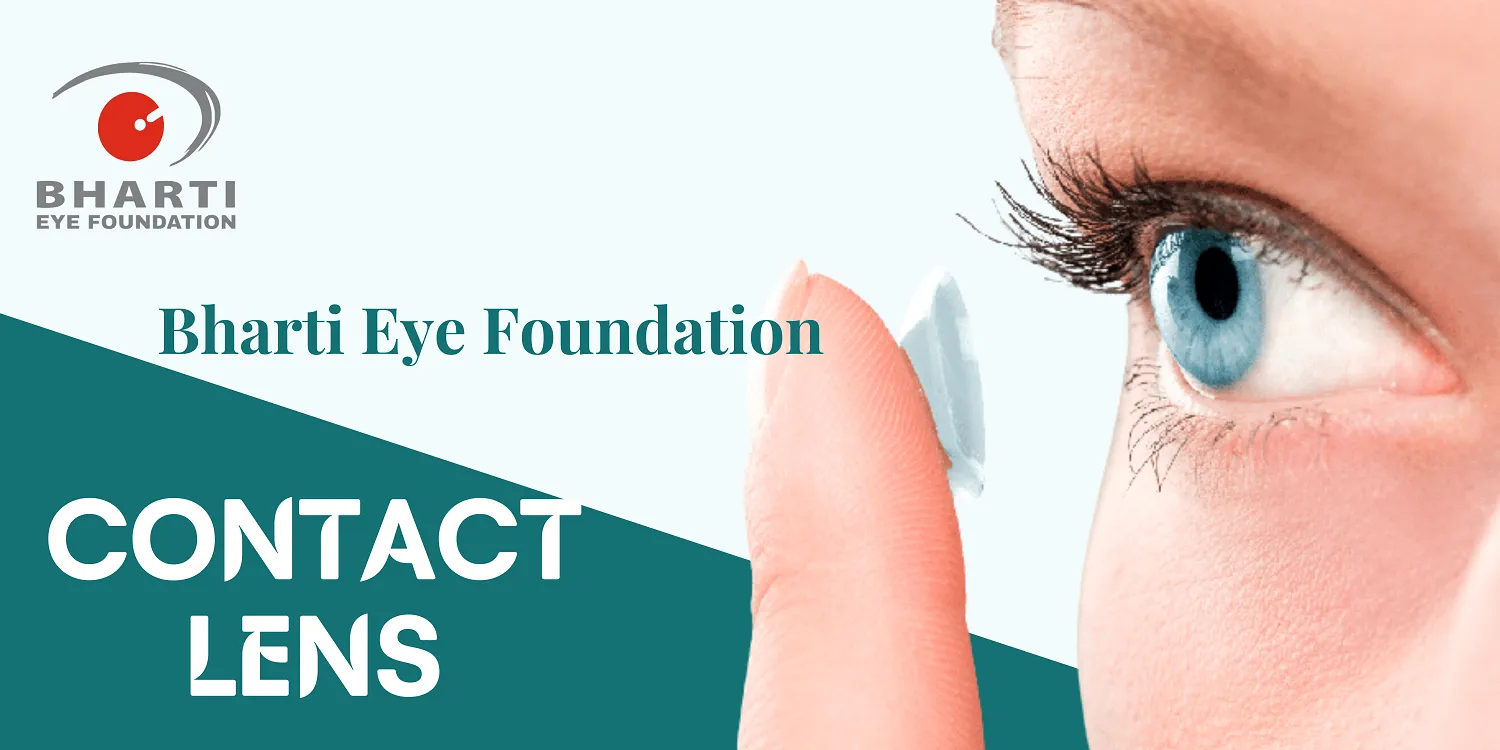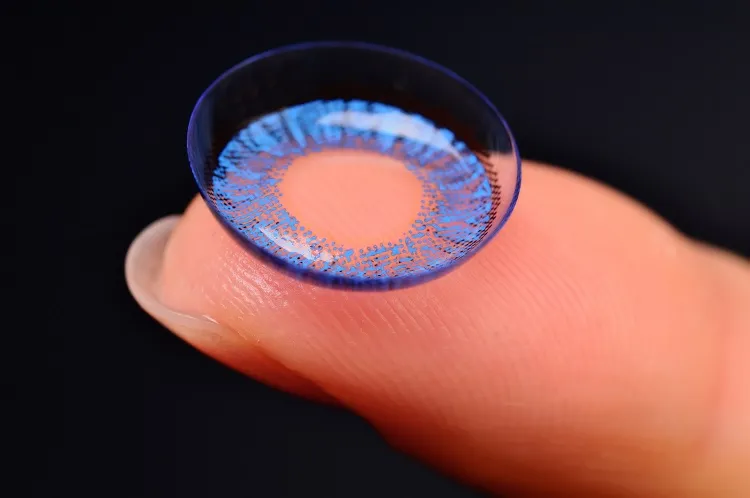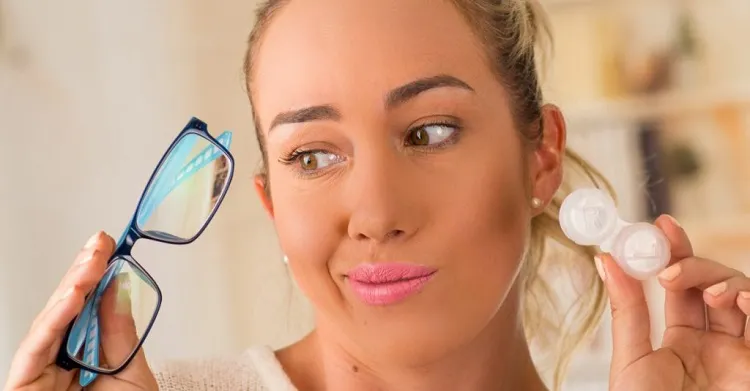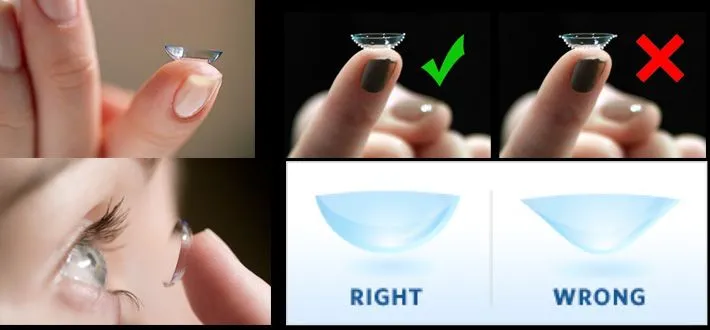
Nowadays, most of the people are suffering from refractive errors like far-sightedness and near-sightedness or astigmatism. Hence, they are prescribed to wear spectacles as per their eye problems. Sometimes, it becomes quite irritating to wear eyeglasses all the time. In such conditions, they use contact lenses for better vision and to get rid of eyeglasses. So, in this article,
you will learn all about contact lenses and their advantages and disadvantages and also their types.
A contact lens is a thin, curved and clear plastic lens placed on the surface of the eye for better and improved vision. These lenses float on the tear film that covers your cornea. A contact lens is a medical device prescribed to correct vision or for cosmetic reasons. Contact lenses are more comfortable while driving, playing sports and other outdoor activities as compared to spectacles. The contact lens can be soft or hard. Most people prefer to wear a soft one. Nowadays these are available in different colors.
Next, you will learn about the types of contact lenses.


1. Hard contact lenses
• Gas Permeable Lens:- this is the most common type of hard contact lens.
These are made from plastic along with other materials.
They hold their shape firmly and allow the oxygen to flow out to your eye.
• RGP Lenses:- these lenses are helpful in astigmatism and they provide sharper vision as compared to soft lenses
2. Soft contact Lenses:-
most people prefer to wear soft contact lenses as they are very comfortable and have many options.
Here are some types of soft contact lenses.
• Daily Wear Contact Lenses: - You can remove them easily when you go to sleep.
They can be disposable; you can change the pair every day.
Ophthalmologist recommends these lenses if you wear them once in a while.
• Extended Wear Contact Lens: - You can wear these lenses while sleeping,
but they are needed to remove for cleaning once a week.
They can increase the risk of infection.
• Tonic Contact Lenses: - They help in correcting vision for people with astigmatism.
• Decorative Contact Lenses: - These lenses are worn for cosmetic purposes and they do not
correct the vision. They include colored contacts and lenses that can hide the natural color of your eye.
They can lead to serious eye problems.
3.Contact lenses for Presbyopia: -
These are designed to correct the normal vision problem occurred in people of 40 or above when it becomes
hard to see the close objects clearly.

• Improved Vision: - Contact lenses help to correct refractive errors like farsightedness, nearsightedness or astigmatism.
• Better eye comfort
• They do not capture moisture even when you wear a medical face mask.
• They do not obstruct vision or reflect anything.
• They are more comfortable than spectacles.
• Daily activities become more convenient with contact lenses.
• Contact lenses provide aesthetic benefits.
• They are easy to wear. You can wear your contact lenses within second,
just put the finger on the tip of your finger and place it on your eye.
• You feel more confident in contact lenses.
• They work perfectly in all weather.

As you know that everything has its own advantages and disadvantages. the same thing goes with contact lenses. We have discussed the advantages of contact lenses. Now you will know the disadvantages of contact lenses.

When you wear contact lenses for a long time, then the chances of complications arise frequently.
The symptoms of the complication are mentioned below: -
• Red Eye: - Contact lenses can cause redness and irritation in your eyes.
This happens when you wear your contact lenses for a long time or wear faulty lenses.
• Dry Eyes: - Contact lenses can cause you to dry out your eyes.
• Infection: - Contact lenses easily get dust, debris or other dust particles to get into your eyes and give rise to the eye infection.
• Eye Ulcer:- You can suffer from an eye ulcer on the surface of your eye if you don’t treat the infection for a long time.
| Week-Days: | 9am - 6pm |
| Sunday: | CLOSED |
Copyright © 2022 · All Rights Reserved Bharti Eye Foundation